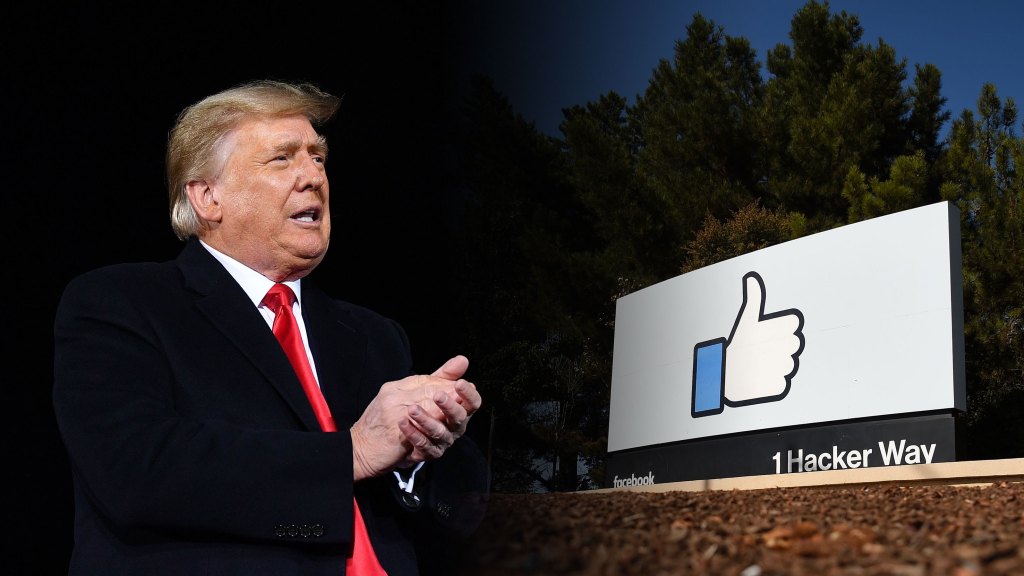Facebook unceremoniously confiscated Trump’s most prominent social media megaphone months ago, but the former president might be poised to snatch it back. Facebook’s Oversight Board, an external Supreme Court-like policy decision-making group, will either restore Trump’s Facebook privileges or banish him forever on Wednesday. Whatever happens, it’s a massive moment for Facebook’s nascent experiment in outsourcing challenging content moderation calls to an elite group of global thinkers, academics, and political figures and allowing them to set precedents that could shape the world’s most extensive social networks for years to come.
Facebook CEO Mark Zuckerberg announced Trump’s suspension from Facebook in the immediate aftermath of the Capitol attack. It was initially a temporary suspension, but Facebook said that the decision would be sent to the Oversight Board two weeks later. “We believe the risks of allowing the President to continue to use our service during this period are simply too great,” Facebook CEO Mark Zuckerberg wrote in January. Facebook’s VP of Global Affairs Nick Clegg, a former British politician, expressed hope that the board would back the company’s conclusions, calling Trump’s suspension an “unprecedented set of events which called for unprecedented action.”
Trump inflamed tensions and incited violence on January 6, but that incident wasn’t without precedent. In the aftermath of the murder of George Floyd, an unarmed Black man killed by Minneapolis police, President Trump ominously declared on social media, “when the looting starts, the shooting starts,” a threat of imminent violence with racist roots that Facebook declined to take action against, prompting internal protests at the company.
The former president skirted or crossed the line with Facebook many times over his four years in office. Still, the platform stood steadfastly behind a maxim that all speech was a good speech, even as other social networks grew more squeamish. In a dramatic address in late 2019, Zuckerberg evoked Martin Luther King Jr. to defend Facebook’s anything-goes approach. “In times of social turmoil, our impulse is often to pull back on free expression,” Zuckerberg said. “We want the progress that comes from free expression, but not the tension.” King’s daughter strenuously objected.
A little over a year later, with all of Facebook’s peers doing the same and Trump leaving office, Zuckerberg would shrink back from his grand free speech declarations. In 2019 and well into 2020, Facebook was still a roiling hotbed of misinformation, conspiracies, and extremism. The social network hosted thousands of armed militias organizing for violence and a sea of content amplifying QAnon, which moved from a fringe belief on the margins to a mainstream political phenomenon through Facebook. Those same forces would converge at the U.S. Capitol on January 6 for a day of violence that Facebook executives characterized as spontaneous, even though it had been festering openly on the platform for months.

